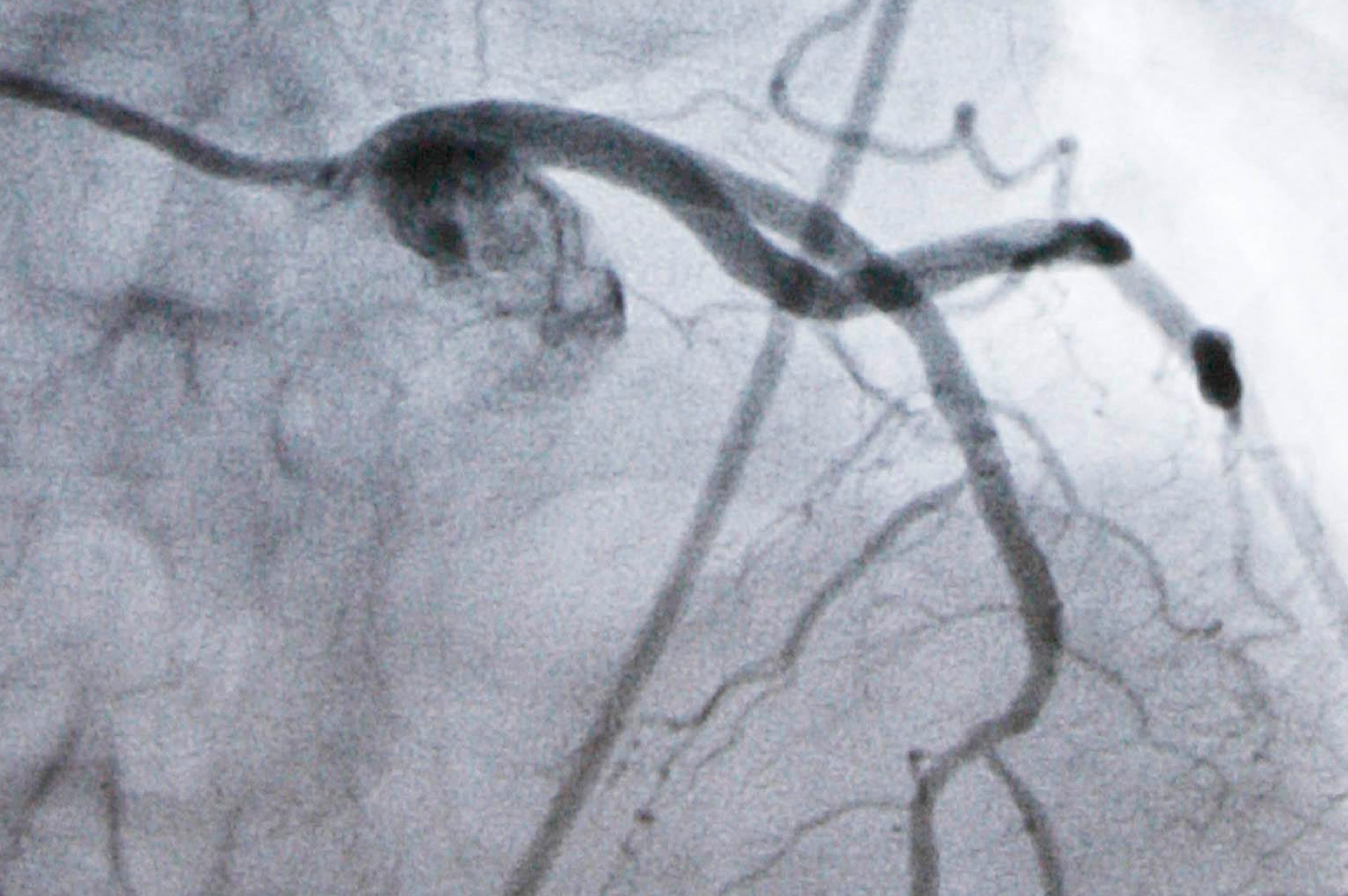Beauty sleep’s not a myth. It makes a big difference.

If you’re looking for another reason to catch a good night’s rest, be aware that beauty sleep is no myth.
There’s strong science behind the beautifying medicine of getting a great snooze, and it can make a big difference in how you look and feel — and how others see you.
Beauty sleep maintains healthy, youthful skin
Dr. Joanna Fong-Isariyawongse is an associate professor of neurology at the University of Pittsburgh that specializes in sleep medicine. She says sleep can have a significant impact on beauty by influencing skin health, even affecting how attractive people perceive you.
“The skin is your body’s largest organ, and it works hard while you sleep,” she wrote in The Conversation, a nonprofit news outlet authored by academic experts.
Getting enough sleep helps your skin stay hydrated and strengthens its protective barrier, helping maintain moisture and resist irritation. However, she explained, lack of sleep causes your skin to lose water, making it drier and more prone to damage and visible signs of aging.
According to the Sleep Foundation, quality sleep can reduce wrinkles, puffiness and dark circles, while promoting stronger hair and a healthier complexion.
Sleep also affects acne, Fong-Isariyawongse explained. Poor sleep can cause inflammation and encourage stress hormone production, worsening breakouts. Good sleep, meanwhile, improves the skin’s ability to regulate oil production and to recover from previous irritations. It also promotes collagen repair, making skin more elastic and healthy.
People can likely tell when you haven’t slept
Proper sSleeping doesn’t just make you feel better. According to a sleep study out of Sweden, others can visibly tell a difference too.
“I believe that humans are rather sensitive in detecting sleep loss-related facial cues in other people,” lead researcher John Axelsson told the American Academy of Sleep Medicine (AASM).
Researchers photographed 23 adults between the ages of 18 to 31 twice — once after a full night’s sleep and again after being sleep-deprived. Then, 65 observers were asked to rate the photos based on how attractive, healthy, and tired each person appeared in the images.
When sleep deprived, the adults were rated 6% less healthy, 4% less attractive and 19% more tired on average, according to the study. The common cues included paler skin, darker undereye circles, red or swollen eyes and downturned corners of the mouth.
“These signals are subtle but socially significant. Observers are less inclined to interact with or approach someone who looks sleep-deprived,” wrote Fong-Isariyawongse. She explained that sleep influences both empathy and how we perceive appearance, so well-rested people tend to see others more positively — and are also seen more favorably themselves. This might explain why well-rested individuals tend to leave a stronger impression during dates or job interviews.
Better habits can improve your sleep
If you’re having trouble sleeping, you’re not alone.
Around 60% of U.S. adults do not get enough sleep, according to the National Sleep Foundation’s 2025 Sleep in America Poll. AASM recommends that adults get at least seven or more hours of sleep each night and advised watching for common signs of sleep deprivation, like trouble with memory, focus, mood swings or relying on caffeine to stay alert.
While research has shown that catching up on lost sleep over the weekend may offer some health benefits, there is seemingly no substitute for getting quality sleep each night. So how do you know if you’re truly getting good sleep?
According to the National Sleep Foundation, adults 18 to 64 should be able to say “yes” to these questions each night: “Did you fall asleep in 30 minutes or less? Did you wake up 1 time or less during the night? In total, were you awake for 20 minutes or less after falling asleep? Were you mostly asleep while in bed (i.e., 7 out of 8 hours)?”
“Prioritizing sleep is a powerful and accessible way to support appearance and overall health,” Joanna Fong-Isariyawongse wrote. “So the next time you consider trading sleep for a few extra hours of work or entertainment, remember that your skin, your health and even your social presence will benefit from those hours of rest.”



